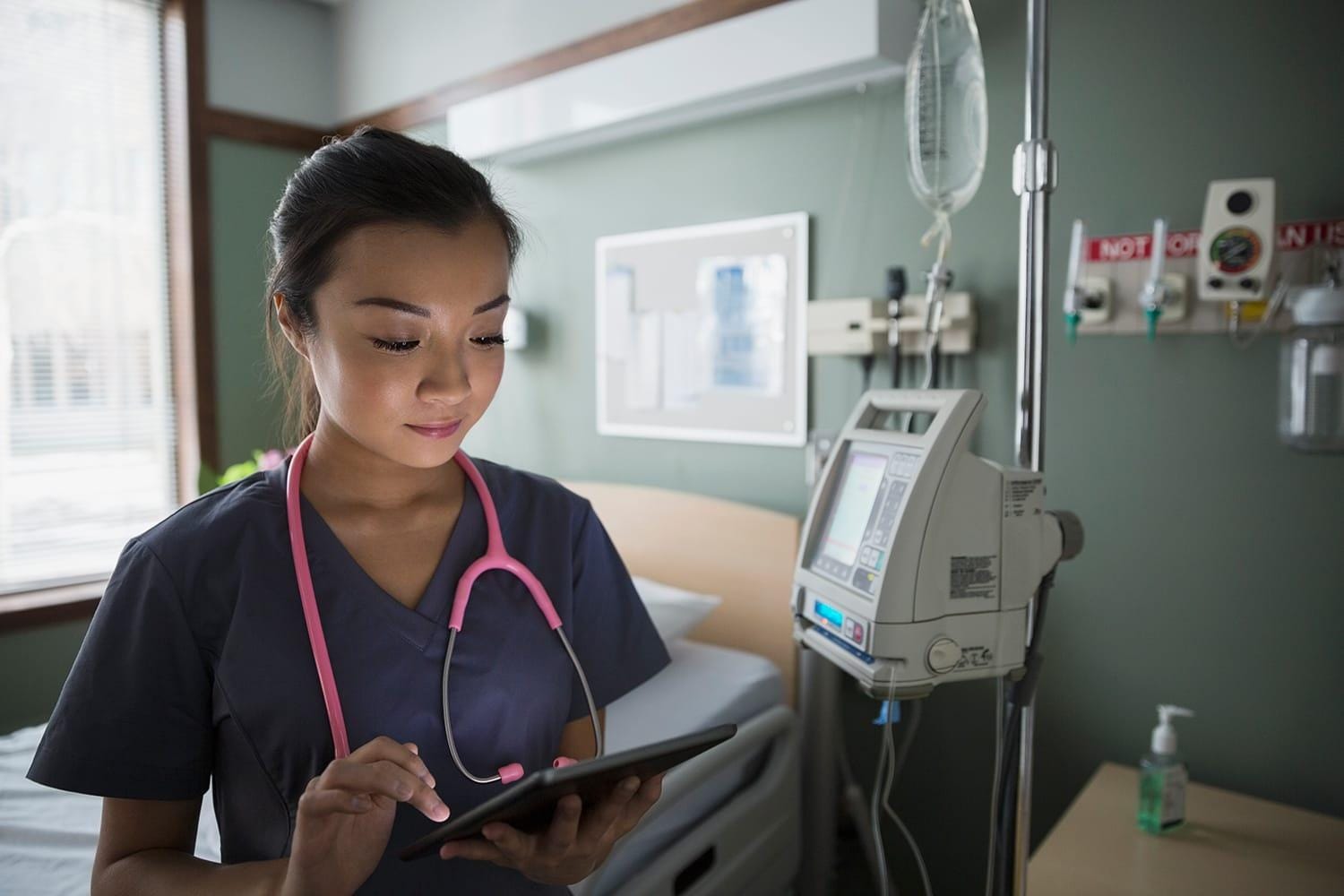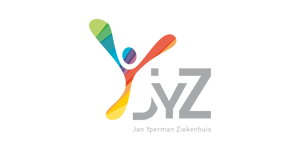- Customer Success Stories
- Jan Yperman Hospital gets more value from location data with SAS analytics

Jan Yperman Hospital gets more value from location data with SAS analytics

"From the data we collect through our solution, the hospital can get a lot of additional value," says Gery Pollet, "by converting the data into useful information about the availability of assets and machines, but also about the intensity of their use." Gery Pollet Founder & Managing Director Blyott
Jan Yperman Hospital achieved this using • SAS® Visual Analytics on SAS® Viya
Jan Yperman Hospital gets more value from location data with SAS analytics
Real-time location tracking of medical materials and machines is more than just convenient for a hospital. At Jan Yperman Hospital in Ypres, Belgium, analysis of the data collected in the process allows for the best possible purchasing and maintenance policy, in addition to more efficient logistics flows.
A hospital uses thousands of mobile aids and devices: from beds and mattresses to wheelchairs, pain pumps, cardiac monitoring machines, and all kinds of other medical equipment. Managing and monitoring all these items is a major challenge, but absolutely necessary. Location tracking — knowing where the items are — is an important parameter. If staff members don’t immediately know where to find an available medical device, they lose valuable time.
Classic solutions for real-time location services (RTLS) work on Wi-Fi and are simply unaffordable for a hospital with thousands of tools and devices to monitor. This is due to the prices of the tags and the relatively short lifespan of their batteries. However, Blyott has found an alternative by using the Bluetooth receivers built into Wi-Fi access points. Buetooth tags are much cheaper and their batteries last much longer. As a result, Blyott’s approach is up to 10 times cheaper than a classic RTLS solution.
"From the data we collect through our solution, the hospital can get a lot of additional value," says Gery Pollet, "by converting the data into useful information about the availability of assets and machines, but also about the intensity of their use." Gery Pollet Founder & Managing Director Blyott
Pioneer with RTLS
The Jan Yperman Hospital in Ypres pioneered RTLS more than 10 years ago. The hospital’s thinking is simple: it’s smarter to monitor wheelchairs via RTLS instead of having an orderly waste time looking for one all over the hospital. Over the years, the hospital has expanded the use of location determination beyond tracking devices and aids to include detection of wandering patients and cases of aggression.
Jan Yperman first worked with RTLS using Wi-Fi tags. This turned out to be quite a labor-intensive process. Every two years, the tags — the hospital had over 1,000 in use — need a new battery. Plus, it takes 10 minutes to install that new battery. Blyott suggested Bluetooth tags as an alternative. “They’re clearly cheaper,” says Norman Cleenewerck, who is responsible for biotechnology at Jan Yperman. “But we didn’t want to compromise on accuracy.” That turned out not to be a problem, as the hospital had upgraded its Wi-Fi network. “There are eight Bluetooth receivers per access point, and they pick up the tags, which ultimately produces a more accurate picture than localization via Wi-Fi tags.”
More insight with analytics
After a successful Proof Of Concept with Blyott, Jan Yperman decided to switch to Bluetooth tags, marking the start of a new trajectory. The hospital realizes additional value from analyzing the data with SAS® Visual Analytics, by converting the data into useful information about the availability of materials and machines, but also about the intensity of their use. Without that insight, a hospital often buys more material than it needs – just to be on the safe side. Now the hospital can optimize purchasing and maintenance, as well as the logistics flows of the assets.
SAS D[N]A Lab and Blyott
The collaboration with Blyott takes place under the umbrella of SAS D[N]A Lab, the open innovation platform and ecosystem for companies, startups and scale-ups in the Benelux. The strength of D[N]A Lab lies in making innovations intelligent and scalable. As in this case of Blyott, they help to properly embed innovations in the highly regulated environment of hospitals.

